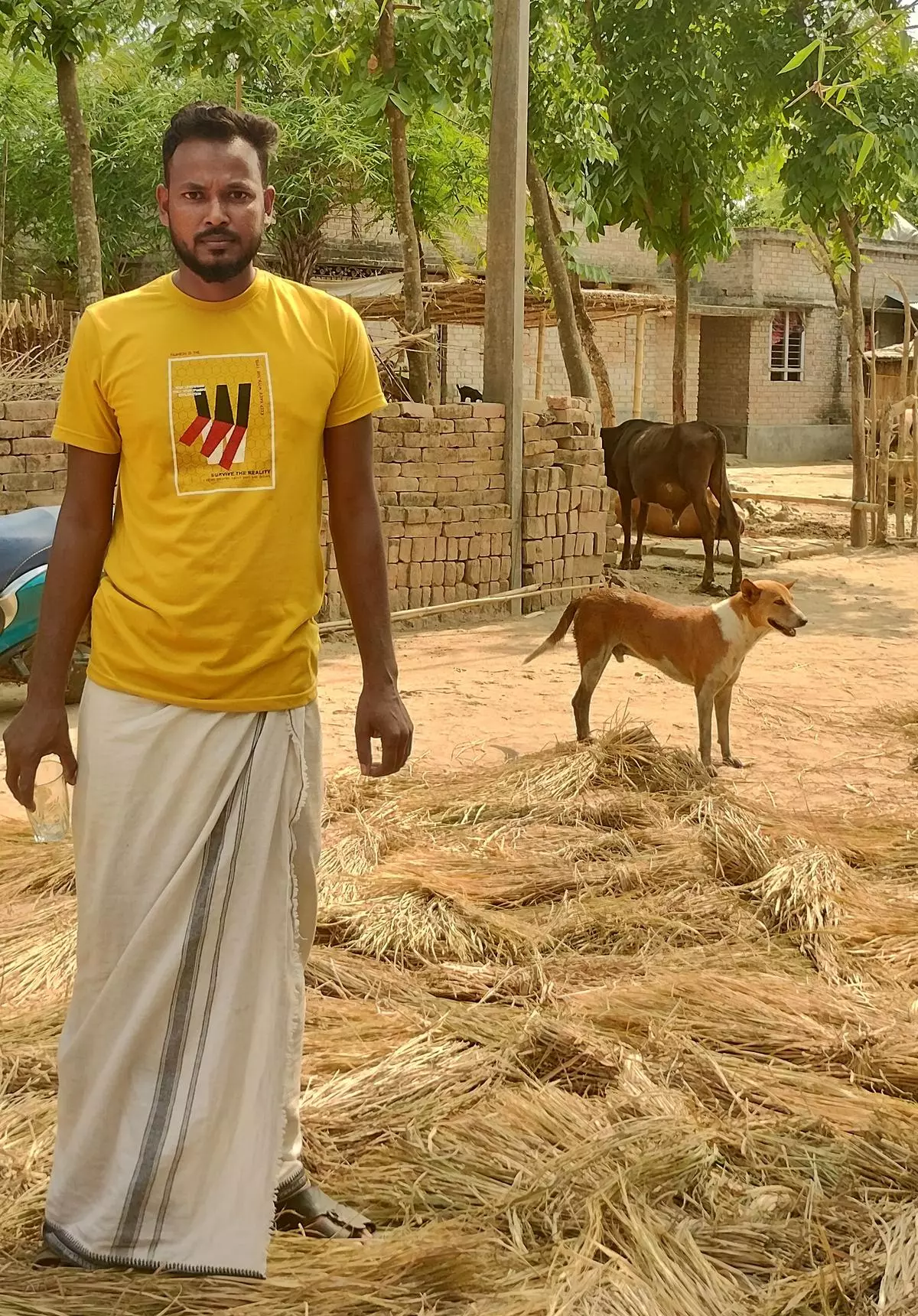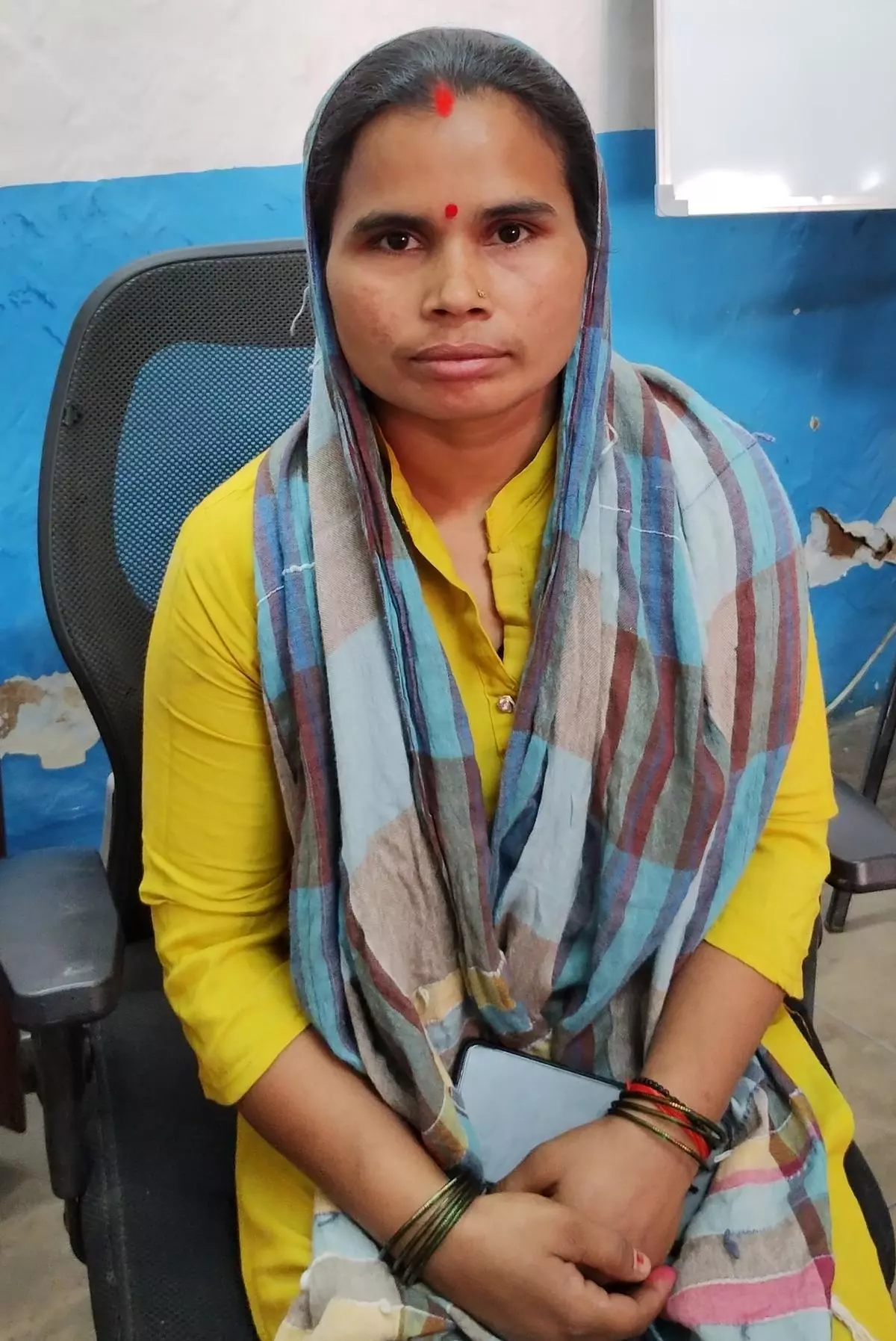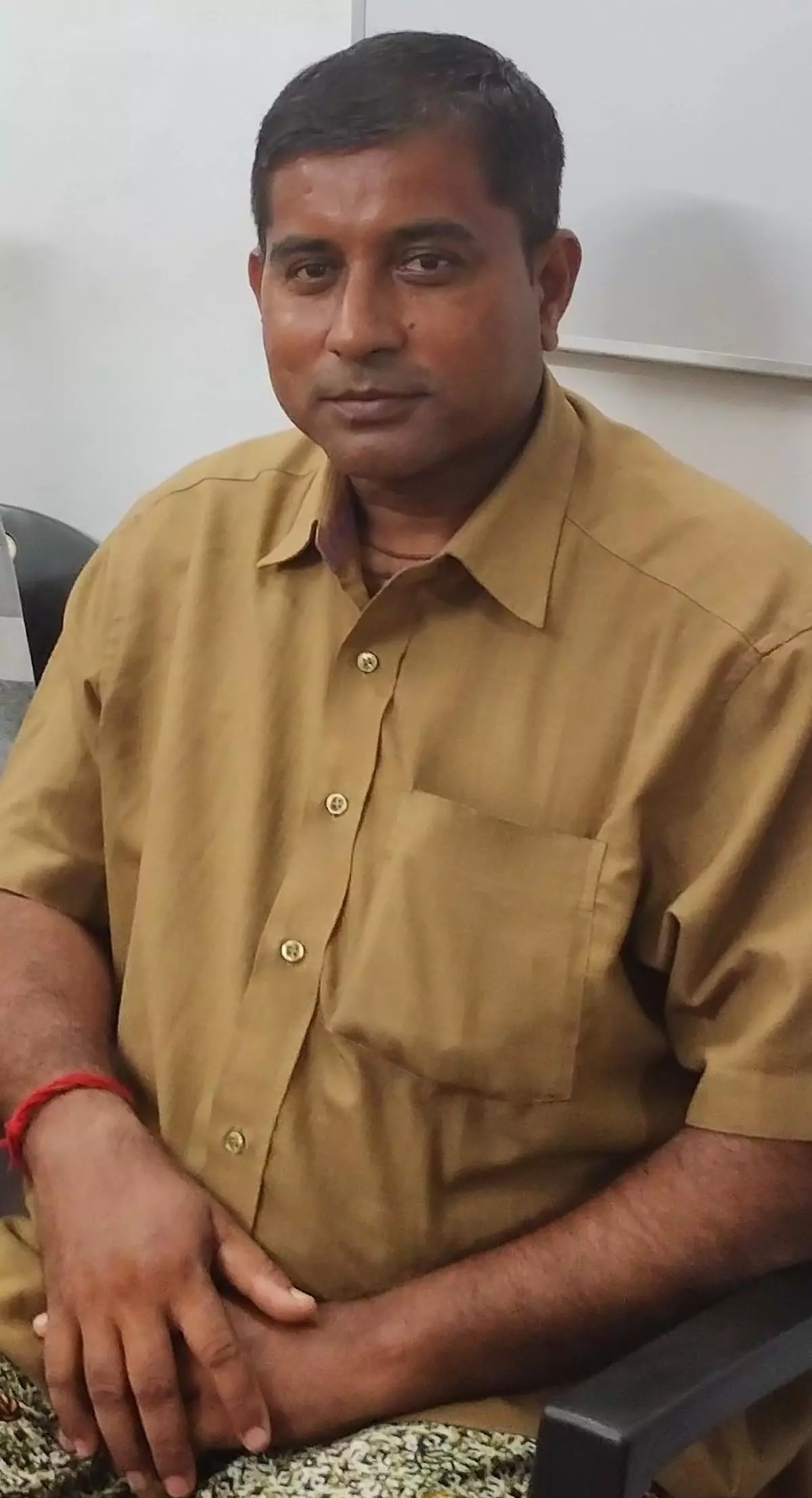A vote too far: India’s election by the eyes of its inner migrants
“Amongst each 1,000 males in our villages, round 300 voters are working exterior the State. It isn’t attainable for all of them to return to solid their vote,” says Habib Biswas, 29, from Faridpur in Murshidabad district, West Bengal, who drives heavy autos for a residing. He’s, nevertheless, amongst those that did make the lengthy journey dwelling from Kerala to West Bengal to vote. Even because the Election Fee of India belts out slogans—”Your Vote, Your Voice”, “Chunav Ka Parv, Desh Ka Garv”, ‘”Mera Vote, Meri Obligation”,the selection to vote is solely not a actuality for India’s huge migrant workforce.
The 2011 census put the tally of inter-State migrants at greater than 4.14 crore folks. Newer information such because the A number of Indicator Survey says practically three in each 10 individuals in India have been migrants in 2020-21. Whereas intra-State migration kinds a piece (over 87 per cent), 4 in 10 amongst those that had migrated for work have been inter-State migrants. Based on the Migration in India report, primarily based on the Periodic Labour Pressure Survey carried out in 2020-2021, India’s migration fee was practically 29 per cent general and practically 35 per cent in city areas.
Biswas’ village is in Faridpur within the Domkal sub-division of Murshidabad district. The district was recognized as one among the many main corridors of migration to Kerala by the Centre for Migration and Inclusive Improvement (CMID), and a latest information report quoting a authorities official mentioned it accounted for the best migration charges among the many State’s 23 districts. In these villages, the indicators of remittance from migration are seen: elements of kuccha homes now have concretised rooms. After his 10-year stint in Kerala, he can now converse Malayalam and Hindi, aside from Bengali. He explains the dilemma confronted by migrant employees. “There are lots of causes folks can’t come to vote. Journey will value Rs.5,000. If we don’t work for 10 days, then that’s one other Rs.10,000 misplaced. Staff don’t have these sort of financial savings.”
Habib Biswa
| Photograph Credit score:
Annie Philip
Matiur Rahaman, secretary, Karna Subarna Welfare Society, which works for the welfare of home and worldwide migrants in Murshidabad, says home migrants primarily return throughout festivals, and are additionally eager to return throughout panchayat polls. “Round 50 per cent come then as many have family members who’re contesting. Their journey bills are coated by political leaders or family members at such time. It isn’t the identical throughout Lok Sabha elections.”
Additionally Learn | NITI Aayog’s draft nationwide coverage on migrant employees: A slim imaginative and prescient doc
This sentiment is echoed at a group centre of non-profit Agrasar in Gurugram, Delhi NCR. Naina Pradhan, 34, from Kendrapara, Odisha, runs a home-based tailoring unit in Gurugram the place she lives along with her household of 4. “If somebody arranges for tickets, we will go. As soon as my nephew was contesting the panchayat election and he organized tickets for us. We went then. Within the decade that we now have moved right here, we now have solely gone to vote a few occasions,” she says. Aside from cash being an element, Pradhan says her kids are attending faculty in Gurugram. A visit to Odisha will imply a number of days of missed courses.
Anita Pal, 32, chimes in. “Even the poor want to vote, however they can not,” she says. Hailing from Sultanpur in Uttar Pradesh, Pal runs a small grocery in a rented area. Her husband works as a safety guard. “If one guard goes on depart, he will be simply changed. If we now have to go, it takes 16 hours by bus and we’ll want at the very least three days. The store must be closed and we’ll lose out the Rs.600-1,000. It’s a loss. I do know it is very important vote,” says Pal, voicing issues that her title could also be struck off the electoral rolls.
Additionally from Uttar Pradesh, and dealing in Bengaluru for the final 20 years is Jeetu Chouhan, 37. A painter on each day wages, Chouhan says there are round 50 males from his Gorakhpur village within the Rachenahalli settlement in North Bengaluru the place he stays. They work as safety guards, painters, carpenters and development helpers, and none have been making the journey again, he says. “We need to vote however can’t. Even when our family members are contesting elections, we can’t go. I pay a month-to-month lease of Rs.4,000 for the home. Now we have to pay that even when we aren’t right here,” says Chouhan.
On a distinct word, Sushanto Das, 51, seated at a CMID centre in Perumbavoor, Ernakulam district, Kerala, is dismissive of financial issues raised by different migrant employees. “I’m at all times again at my village throughout elections. Why received’t I vote? It’s my proper,” he says. Das, from Sadikhanr Diar village in Jalangi, Murshidabad district, has been in Kerala for 10 years working as a each day wage labourer.
Not all migrant employees are equally enthusiastic concerning the elections. Rahim, 26, additionally from Nagaon and dealing in Perumbavoor, has issues about his work that he would relatively cope with first. He hopes to make sufficient to return to Assam in two years.
Anita Pal
| Photograph Credit score:
Annie Philip
Rajesh, who used to work in Kerala as a driver round 10 years in the past, and now works as a bus conductor on the busy Kolkata-Murshidabad route, makes a distinct level: “Numerous my prolonged household is in Kerala. Many received’t come for the election not simply because it’s costly, however as a result of they’re offended. They are saying why ought to we vote for an MP right here, whereas we slog away somewhere else. Employment is an issue as is inflation. Many have enormous loans to repay. However they are going to return for Meeting, municipality and panchayat elections as they really feel the elected consultant is right here in Bengal and can work for them. Within the Lok Sabha elections, the successful candidate goes to Delhi.” He fondly remembers consuming kappa (tapioca) and dried fish throughout his keep in Kerala.
CAA and NRC issues
Benoy Peter, co-founder and govt director, CMID, says that amongst migrant employees in Kerala, a good portion from the Muslim group in Assam and a few from West Bengal are returning to vote over fears across the Citizenship Modification Act (CAA) and the Nationwide Register of Residents (NRC).
The Calcutta Analysis Group’s examine, ‘Migrants in Electoral Time: Studies on Assam, Bihar and West Bengal Meeting Elections, 2020-2021’ observes the importance of NRC-CAA-NPR throughout earlier elections too, recognising the West Bengal elections particularly to be a mandate over claims of citizenship.
Additionally Learn | The Citizenship Modification Act: A tumultuous journey
In December 2022, the ECI introduced a prototype for a multi-Constituency distant digital voting machine, which might allow voting for migrant voters. It famous that “migration-based disenfranchisement is certainly not an possibility within the age of technological development” and that it was involved concerning the situation of over 30 crore electors not exercising their franchise within the 2019 common election. It mentioned the initiative can result in a “social transformation for the migrants”. But it surely didn’t take off. Frontline reached out to the ECI a number of occasions, however didn’t obtain a response.
“Migration is a elementary proper. Voting can be a elementary proper,” says CMID’s Peter, including distant voting is the way in which to go. “If migrants are in a position to solid their vote with out worry, they are going to be capable of alter the political equation,” he says. “Altering addresses repeatedly on id playing cards corresponding to voter id playing cards is tough, and so they will also be the one hyperlink to social safety schemes of their dwelling villages.”
A post-Covid common election
It took Covid’s nationwide lockdown in 2020 for the nation to reckon with the plight of migrant employees. With no earnings, social safety or transport within the preliminary interval, hundreds needed to return to their dwelling states on foot, typically strolling tons of of kilometres. The SWAN (Stranded Staff Motion Community) survey in 2020 within the fast aftermath of the lockdown had discovered greater than 90 per cent of migrant employees didn’t obtain rations from the federal government and had not been paid by their employers.
Sushanto Das
| Photograph Credit score:
Annie Philip
The face of the distraught migrant employee was splashed throughout nationwide and worldwide media. Whereas the federal government claimed in September 2020 it had no information on migrant employees who misplaced their jobs and their lives in the course of the lockdown, it emerged in June 2021 that over 8,700 folks died on railway tracks alone within the 2020 lockdown, lots of whom have been migrants.
Within the first common election put up Covid, how vital are points regarding migrant employees in electoral politics? A scarcity of employment alternatives, low wages, loans to repay and failing agriculture within the dwelling States was repeatedly listed out by the migrant employees Frontline spoke to.
Whereas the massive out-migration is a ballot situation in West Bengal with the opposition Bharatiya Janata Get together (BJP) portray it as a failure of the ruling Trinamool Congress social gathering, and migrants have made it to the manifestos of the BJP and Congress, a lot stays to be achieved to guard migrant rights.







